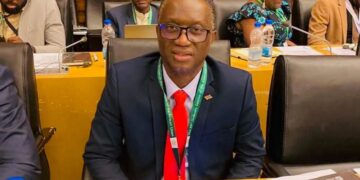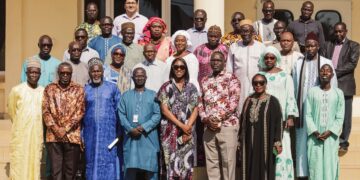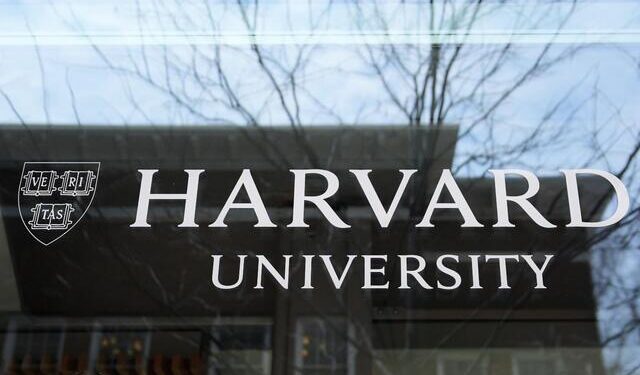President Donald Trump’s administration has intensified its efforts to curb Harvard University’s enrollment of international students, using a combination of legal, diplomatic, and immigration tactics aimed at forcing the Ivy League institution to implement certain policy changes. These measures have sparked legal battles and raised alarms within academic circles.
Foreign students represent roughly 26% of Harvard’s student population, forming a core part of the university’s global character and academic excellence. The Trump administration’s actions—some temporarily blocked by the courts—seek to limit that presence.
In May, the Department of Homeland Security attempted to revoke Harvard’s ability to host international students by removing the school from the Student Exchange and Visitor Program (SEVP). The move would strip the university of the certification required to issue student visas.
Harvard sued, claiming the government violated its own withdrawal procedures. U.S. District Judge Allison Burroughs issued a temporary block, and on Friday, she granted a preliminary injunction halting the revocation until the lawsuit is resolved—potentially months away.
Despite the injunction, Homeland Security has continued an administrative review of Harvard’s status, citing legal authority to ensure compliance with F-1 visa regulations.
Earlier in June, President Trump issued a proclamation attempting to bar incoming Harvard students from entering the U.S., citing a federal law that allows the president to restrict entry of “aliens” deemed a threat to national interest.
Harvard challenged the order, arguing that singling out its students does not constitute a legitimate class of aliens. Judge Burroughs temporarily paused the proclamation’s implementation but has not yet issued a ruling on a longer-term injunction.
Trump claims the measures are a response to anti-Jewish harassment on campus, particularly during pro-Palestinian demonstrations. Harvard President Alan Garber affirmed the school’s commitment to fighting antisemitism but rejected the administration’s demands for sweeping policy changes.
Secretary of State Marco Rubio directed U.S. consulates to begin screening social media accounts of visa applicants affiliated with Harvard for signs of antisemitism. That directive soon expanded nationwide to include all student visa applicants, with consulates instructed to prioritize institutions where international enrollment is under 15%.
With nearly 200 U.S. colleges exceeding that threshold—including all eight Ivy League schools—critics argue the policy disproportionately affects top-tier institutions with global reach.
Additionally, students from countries under the administration’s broader travel restrictions—primarily in Africa and the Middle East—now face added hurdles.
Harvard currently sponsors over 7,000 individuals on F-1 and J-1 visas. At the Kennedy School, nearly half of the students are international. The law school’s comparative law program is 94% foreign-born. These numbers illustrate just how central global talent is to Harvard’s identity and academic strength.
The Trump administration has justified its moves by pointing to campus unrest, hiring practices, and allegations of antisemitism. Harvard and its supporters, however, argue that the federal actions are retaliatory and threaten academic freedom.
The legal battles are ongoing. While court injunctions have temporarily paused some of the administration’s efforts, the broader confrontation between Harvard and the Trump White House continues. The final outcomes could significantly reshape the role of international students in elite U.S. institutions.



















































































 EduTimes Africa, a product of Education Times Africa, is a magazine publication that aims to lend its support to close the yawning gap in Africa's educational development.
EduTimes Africa, a product of Education Times Africa, is a magazine publication that aims to lend its support to close the yawning gap in Africa's educational development.